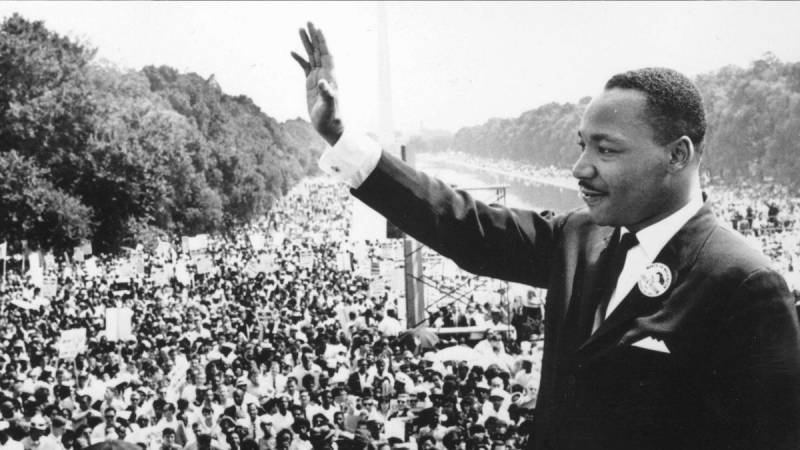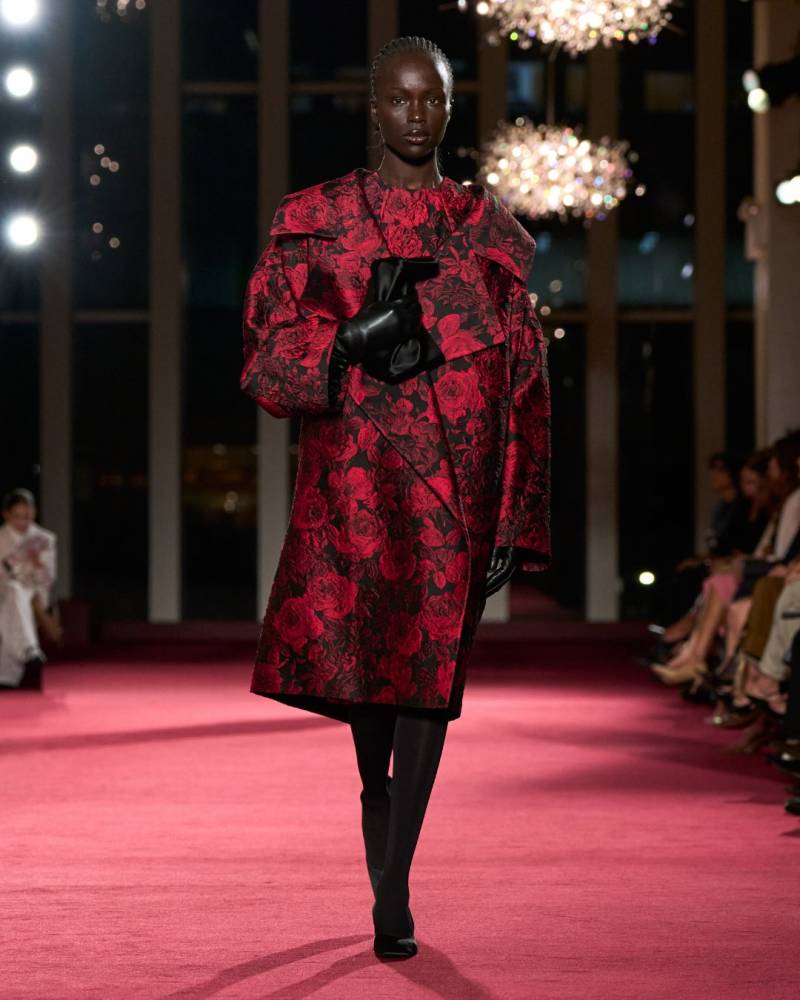My affinity to Cuba is in large part informed by my personal trips to the island.
It started out as a quest to document Cuba’s underground music scene and unique preservation of hip-hop culture. In the age of President Barack Obama and the thawing of U.S.-Cuba travel restrictions, it was finally made possible for someone like me, a Washington Heights-born Dominican-American, to physically make that voyage.
But no U.S. government agency would ever have the vested interest in boasting the heart or humanity of Cuba. It’s because of grassroots agencies like AfroLatinx Travel, one of a growing group of organizations that facilitate travel, trips, tours, and itineraries focused on Black heritage, legacy, culture, and realities, that I got more than just music out of our Caribbean neighbor. Today, she feels like something close to home.
International travel for Black and Brown people has become a major talking point in recent years. According to the American Society of Travel Agents, the Latine travel market is among the fastest growing in the United States, with Latines representing more than 50% of all growth in the U.S. travel market.
Similarly, more recent reports by research travel giant Mandala suggests that African-American travel represents a $63 billion opportunity.
While it’s unclear what percentage of these travelers are Afro-Latine, it’s clear that melanated folks want to enjoy leisure travel — but we aren’t always safe wayfaring. In fact, a study by tourism agency MMGY Global found that Black travelers pay more attention to how destinations treat people of color and how travel agencies approach diversity than white visitors. Working to create experiences where people of color feel safe, seen, and celebrated, Black travel agencies are on the rise — and many of them are based in Latin America.
During the 2018 Festival de las Muñecas Negras, AfroLatinx Travel, established and operated by Panamanian historians Dash Harris Machado and Dr. Javier Wallace, took me everywhere from Viñales’ tobacco farms to the art galleries of Fabrica de Arte to Sunday rumba at Callejon de Hamel, which is a spectacularly adorned by the works of Afro-Cuban artist Salvador Gonzalez Escalona. A dedicated facilitator of diasporic social, cultural, economic, and community-building exchanges and tours, the agency works with small tour crews made up of local family and friends.
Perhaps the most resonating part of the experience, and what inarguably sets AfroLatinx Travel apart from more tourist-y organizations, was our trip to the Yoruba Association Museum, where Harris walked us through the principle tenets of Yoruba spirituality and the African Orishas. What followed was a profound tambor presentation in the privacy of a newly crowned babalawo’s home, which ultimately inspired me to consider converting to traditional Ifa spiritual practices.
“My center is always Black liberation, Black autonomy, Black community building, and connecting Black folks in these kinds of spaces. I aim to build Black liberatory spaces. My mission is simply to connect Black people with other Black people,” Harris tells Refinery29 Somos. In fact, the money made through AfroLatinx Travel experiences goes directly into the individual pockets of the families and sole proprietors who lead the excursions.
“
“My center is always Black liberation, Black autonomy, Black community building, and connecting Black folks in these kinds of spaces. I aim to build Black liberatory spaces.”
DASHA HARRIS
”
An integral tether of AfroLatinx Travel, which puts on tours from Panama to Puerto Rico, is education. In my experience in Cuba, I also saw documentaries and digital discourses dedicated to correcting ahistorical legacies of Black life and contributions throughout the Americas.
And because so much of what informs Cuban life and society is rooted in West African spirituality, these are the stories AfroLatinx Travel chooses to amplify.
“There's no way I can ever talk or relay about [Cuban] culture without mentioning African spirituality. It's just impossible.
That's what they're grounded in. It's not to say that every single last Cuban practices; that's not how they operate.
Yet, this is the story that we're choosing to expand and celebrate,” says Harris, who got married and lived in Cuba for years. “We’ve had people say they want to do our tour, but would rather leave the African spirituality out of it, and I would tell them this wasn’t for them.”




